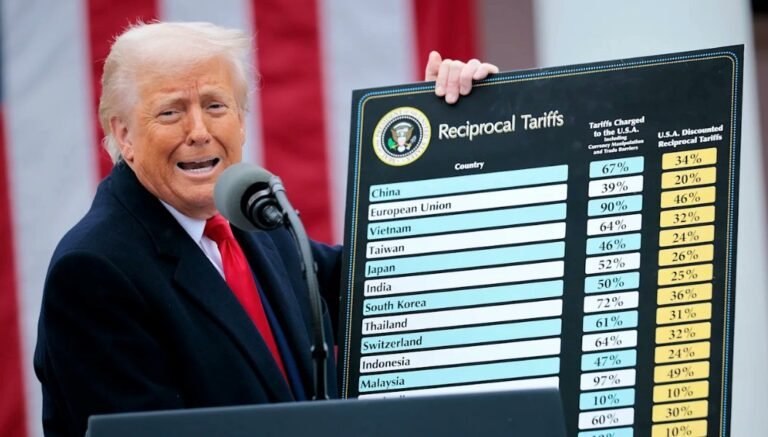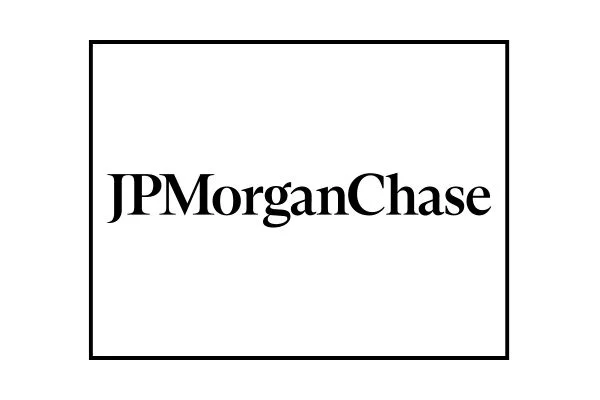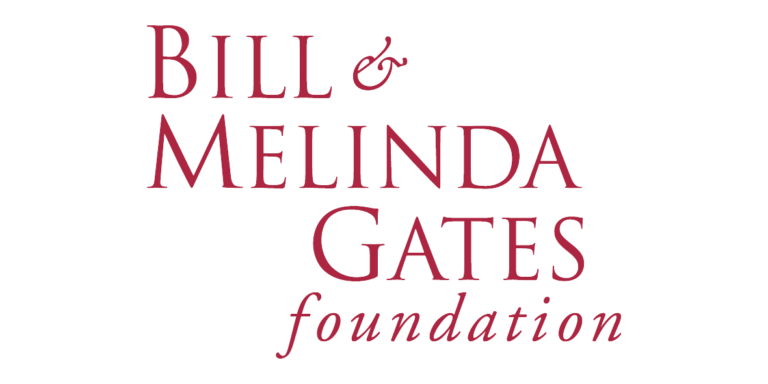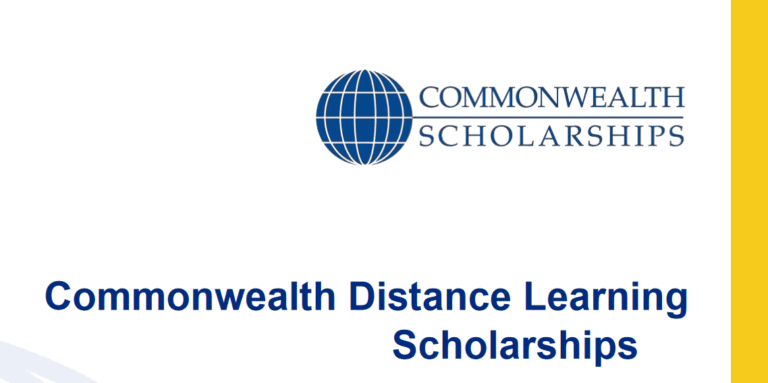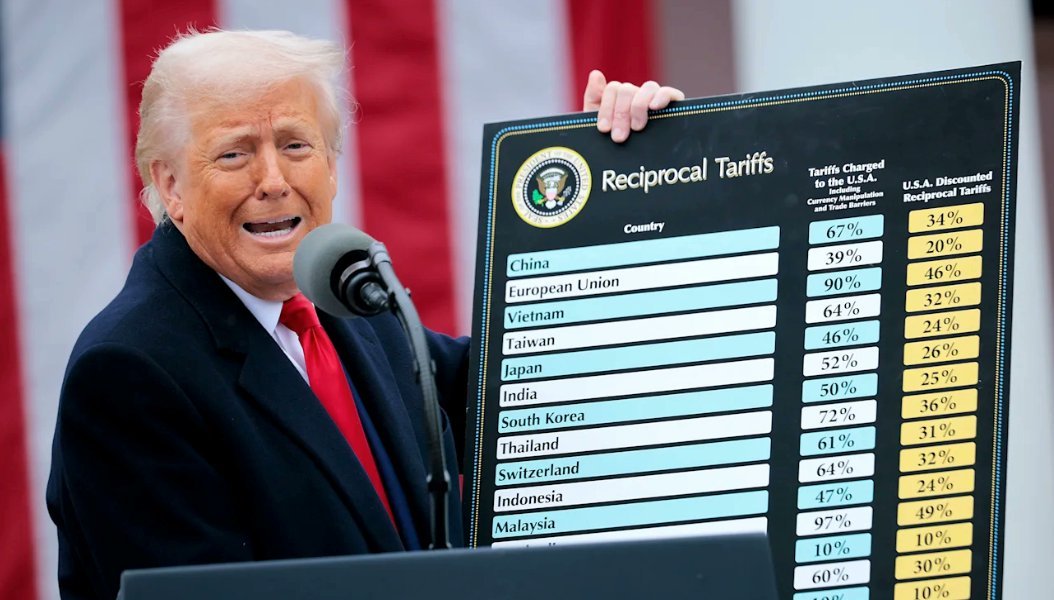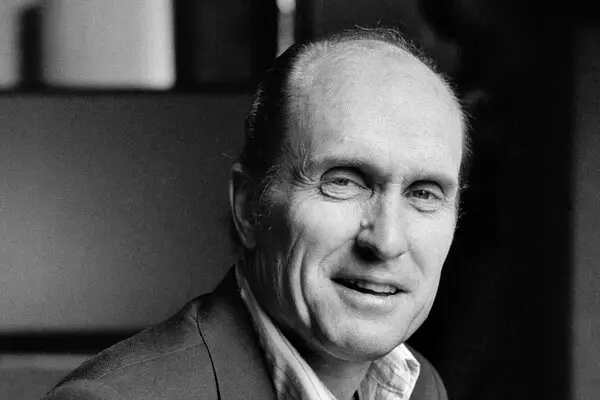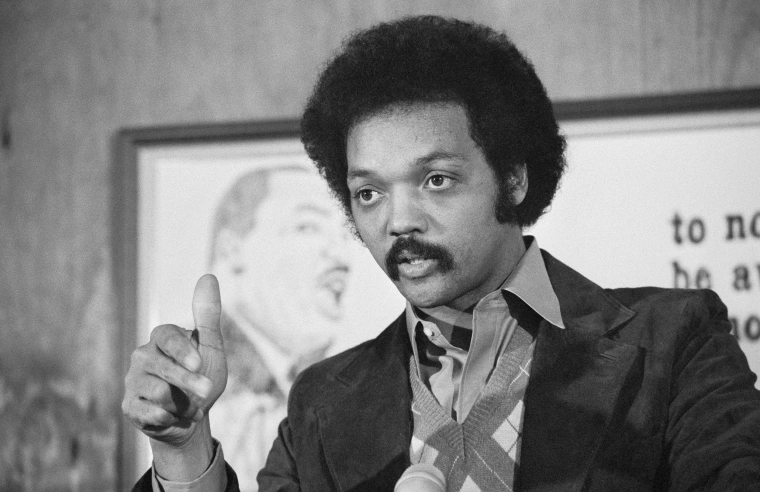The World Bank has appointed Ndiamé Diop, its former country director for Nigeria as the new Vice President for Eastern and Southern Africa to succeed Victoria Kwakwa, who retired on March 31, 2025.
The appointment is in line with the World Bank’s efforts to be closer to clients and enhance service delivery.
Diop will be based in Nairobi, Kenya and oversee an active regional portfolio of almost 400 projects worth over $76 billion and an extensive program of cutting-edge analytical work, technical assistance, and policy advice across 26 countries.
World Bank Southern and Eastern Africa Projects
The World Bank continues to work closely with clients and partners to advance strategic priorities in the region, including job creation, energy access, digital connectivity, regional integration, health, water and sanitation, and education all in a bid to ensure poverty reduction and spur economic transformation in the region.
Diop will also guide efforts to address the drivers of fragility, conflict, and violence to build more resilient communities.
About Ndiame Diop
Ndiame Diop has over 25 years of experience working across East Asia, the Middle East, North Africa, South Asia and Sub-Saharan Africa.
He is responsible for tripling World Bank financing to the Philippines to support economic reforms and improve outcomes in various sectors.
In his most recent role as Country Director for Nigeria, Diop led the World Bank’s largest portfolio in Africa ($17 billion) and shaped the future Nigeria program to support faster economic growth through policy reforms, digital broadband connectivity, firms’ access to finance and agribusiness growth.
Diop holds a PhD in Economics and has published extensively in peer-reviewed journals and books on topics such as fiscal policy and growth, monetary policy and inflation, natural resource abundance, Dutch disease, and economic diversification.












